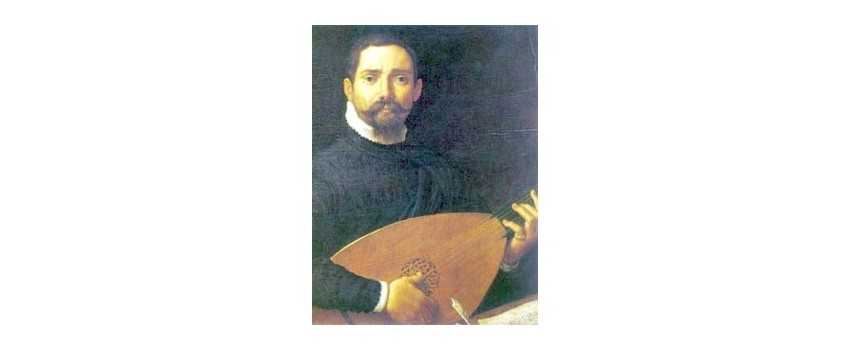Complete Works For Cello By Gabrielli (Barenreiter)
Complete Works for Cello by Domenico Gabrielli (Barenreiter)
Giovanni Gabrieli (c. 1554/1557 – 12 August 1612) was a renowned composer and organist who lived during the 16th and 17th centuries. Gabrieli's music was known for its grandeur and complexity, and his compositions were often performed in the grandest churches and cathedrals of Venice.
Early life and musical education of Giovanni Gabrieli
Giovanni Gabrieli was born in Venice, Italy in 1555. He was the son of an organist, and it was in his father's footsteps that he began his musical journey. At a young age, he showed great promise and was soon appointed as an organist at the Basilica di San Marco in Venice. Here, he had the opportunity to work with some of the greatest musicians of his time and was exposed to a wide variety of musical styles.
Gabrieli's musical education was not limited to the organ. He also learned to play the cornetto, a wind instrument that was popular during the Renaissance and Baroque eras. This knowledge of different instruments and their capabilities would later influence Gabrieli's compositions and make them stand out from those of his contemporaries.
Gabrieli's education was not limited to music. He was well-versed in mathematics, philosophy, and astronomy, and these subjects would also influence his approach to music composition. Gabrieli believed that music was a reflection of the natural world and that mathematical principles underpinned all forms of art.
Gabrieli's contribution to Baroque music
Gabrieli's music was a reflection of the grandeur and opulence of the Baroque era. His compositions were characterized by their complexity, polyphony, and use of multiple choirs and instruments. He was one of the first composers to use the concept of antiphonal music, where two or more choirs or instrumental groups play in alternation, creating a rich and layered sound.
Gabrieli's music was heavily influenced by the architecture of the churches and cathedrals where it was performed. He would often use the unique acoustics of the space to create a sense of grandeur and spectacle. He was also known to use unconventional instrumentation, such as adding brass instruments to vocal choirs, in order to create a more dramatic effect.
Gabrieli's approach to music composition was also influenced by his belief in the power of music to convey emotion and tell a story. His music often had a narrative quality, with different instruments and choirs representing different characters or themes. This approach was influential in the development of the Baroque opera, where music was used to convey the emotions and actions of the characters on stage.
Gabrieli's most famous compositions
Gabrieli's music has stood the test of time and remains popular to this day. Some of his most famous compositions include his canzonas, sonatas, and sacred music. His canzonas, which were originally written for brass ensembles, have become a staple of the modern wind ensemble repertoire. They are known for their virtuosic passages and complex counterpoint, and are often used as a showcase for the technical abilities of the performers.
Gabrieli's sacred music was also highly influential and has been described as some of the most beautiful music ever written. His masses, motets, and hymns were often performed in the grandest cathedrals and churches of Venice and were known for their rich harmonies and grandeur. His music was also highly emotive and was often used to create a sense of awe and reverence in the listener.
Gabrieli's legacy and impact on music history
Gabrieli's impact on music history cannot be overstated. He was one of the most influential composers of his time and his music was highly influential in the development of the Baroque era. His use of antiphonal music, unconventional instrumentation, and narrative approach to composition were all groundbreaking and would go on to influence generations of composers.
Gabrieli's legacy can be seen in the work of later composers such as Bach, Handel, and Mozart, who were all influenced by his unique approach to music composition. His music has also remained popular to this day and continues to inspire musicians and composers around the world.
Conclusion
As we come to the end of our journey into the life and music of Giovanni Gabrieli, we can see that his impact on music history was immense. His innovative approach to composition, use of unconventional instrumentation, and emotive style of music were all highly influential and continue to inspire musicians and composers to this day. Gabrieli's music was a reflection of the grandeur and opulence of the Baroque era, and his legacy remains an important part of music history.

Complete Works for Cello by Domenico Gabrielli (Barenreiter)
Gabrielli, Sonata No.1 in G for Cello (Schott)